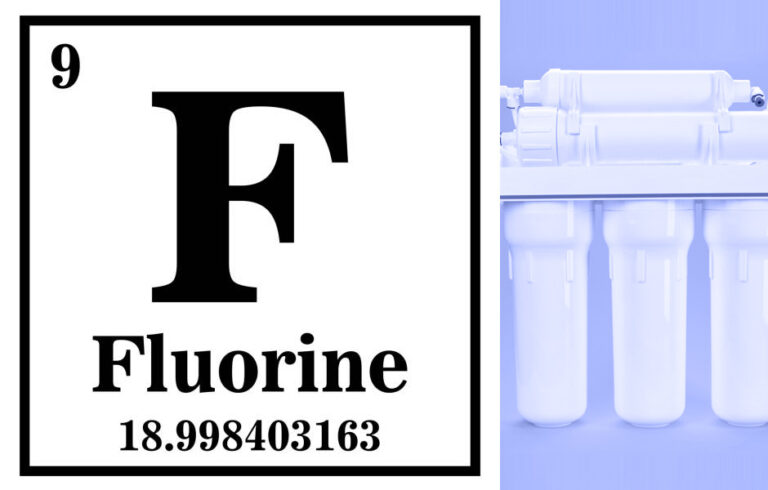There are numerous options available when you are looking to invest in a water filter for your home. Nevertheless, how do you know what will be right for you, and where do you even begin?
We share the top five things to consider to help you choose a water filtration system that is right for you. It is essential to have filtered water within your home, as it has become increasingly apparent that tap water may contain harmful contaminants that can affect you and your family’s health.
Tap water is municipally supplied and, although it is treated before reaching your home, contaminants and chemicals can still make their way into your tap water. Water filters are great investments as they help remove contaminants such as Sulfur, Chlorine, and even pathogens, ensuring that your water is clean and safe to drink. However, once you have decided to invest in a water filtration system, where do you begin? There are so many different options in the market, with various brands offering new technologies and benefits.
Here are a few keys points to consider in helping you find the perfect one.
1. Identifying the contamination and how to effectively remove it
The main reason for investing in a water filtration system is to successfully remove the contaminants from your tap water, resulting in clean and safe drinking water. Without a water filter, several impurities can make their way into your tap water and pose a threat to you and your family’s health.
Chemical contaminants are known to be present in tap water and are linked to causing health problems such as hormonal imbalances, kidney issues, and dehydration. Sulfur and Chlorine are just two of the harmful chemicals that studies have found to be present in your tap water. In addition to this, biological contaminants have also been found in tap water.
These impurities include bacteria, viruses, protozoan, and microbial and can make their way into your body through contaminated water, leaving you feeling very unwell.
Impure tap water can also contain heavy metals such as lead and arsenic, both of which are poisonous and can cause cancer if consumed for a longer period. Before purchasing a water filter, it is important to get your water tested and understand what type of contaminants are found. This will help you select the most effective filter for you.
Generally, most filters remove around 40 different contaminants, but some can filter 60, and other smaller filters can remove about 25 different and harmful contaminants. Depending on how many you need removing, you may need an oversized filter to target all of them.
Take Activated Carbon Filters, for example. They are effective against removing biological contaminants as well as Chlorine. However, they are not effective against heavy metals or chemicals such as sulfates. To tackle both contaminants, you would need a Reverse Osmosis Filter, as it can successfully filter out both.
2. Rate of Filtration
The daily maximum rate of filtration is the highest amount of water that can be filtered in one day, and this is often overlooked when purchasing a water filter. You need to choose one that can meet your demand based on daily consumption which depends on your family size.
Fortunately, there are many different filters on the market with varying rates of filtrations. It is a good idea to invest in a filter that slightly exceeds your water usage because it will be useful in the event where you may use more water, such as if you have guests round or on certain busier occasions. On the other hand, avoid purchasing a water filter that produces more water than you need as this is likely to be more expensive.
3. NSF Certification
The National Sanitation Foundation (NSF) can be found on a marked seal on a water filtration system to certify that the filter removes the contaminants that it claims to remove. It is one of the most important things to look for when purchasing a water filter.
The NSF was founded to standardize food safety requirements including drinking water. They certify water filters based on each type of treatment option. Check for the NSF mark such as NSF/ANSI 53, NSF/ANSI 42, NSF/ANSI 53 or NSF/ANSI 58 on the water filter you plan to buy.
4. Cost of Installation and Operation
There are many different factors constitute the overall price of your water filtration system. For instance, the number of stages involved in the filtration process, the rate of filtration, and the storage capacity.
In addition to the upfront cost of the filtration system, you must keep in mind the cost of the electricity used to run it and the required yearly filter change. Although this may initially appear expensive, it is much more cost-effective in the long run. You do not need to purchase a costly water filter for it to be effective. There are many options available that meet your budget and your requirements.
5. Maintenance
It is important to consider how easy your desired water filtration system is to maintain. It is advised that you consult your water filtration guide on how frequently the filters will need to be changed. To ensure your water remains clean and pure, you must change the filters and membranes on time.
Depending on the filter type, some require changing more often, and some also require more than one cartridge. If this is not suitable for you, you may want to avoid choosing a system that offers this. Over time, there can be a build-up of hard water and limescale that will need cleaning to guarantee your water quality.
Understandably, taking that step towards investing in a water filtration system can be a big decision to make. It is essential to consider your options in choosing a system that meets your household needs. However, it will be more cost-effective and significantly improve the health and safety of you and your family.
Aquatech has come up with RO water filters on a rental basis, that does not involve any maintenance or changing of filters. They take care of everything while you enjoy unlimited clean and pure drinking water.




